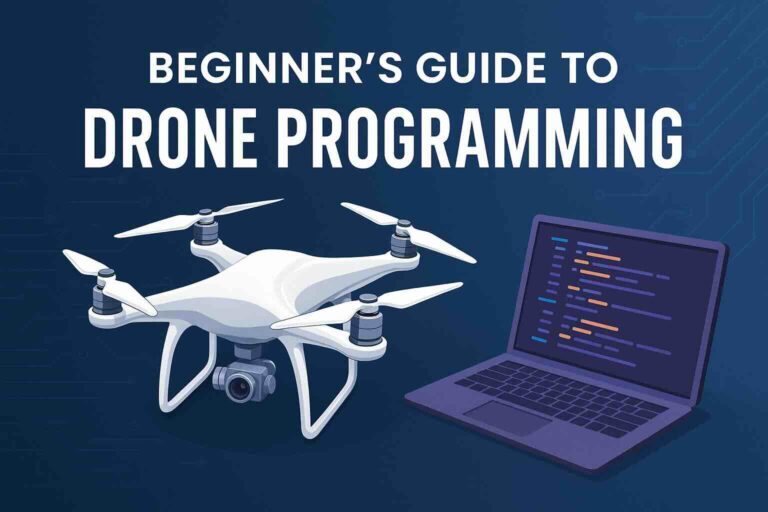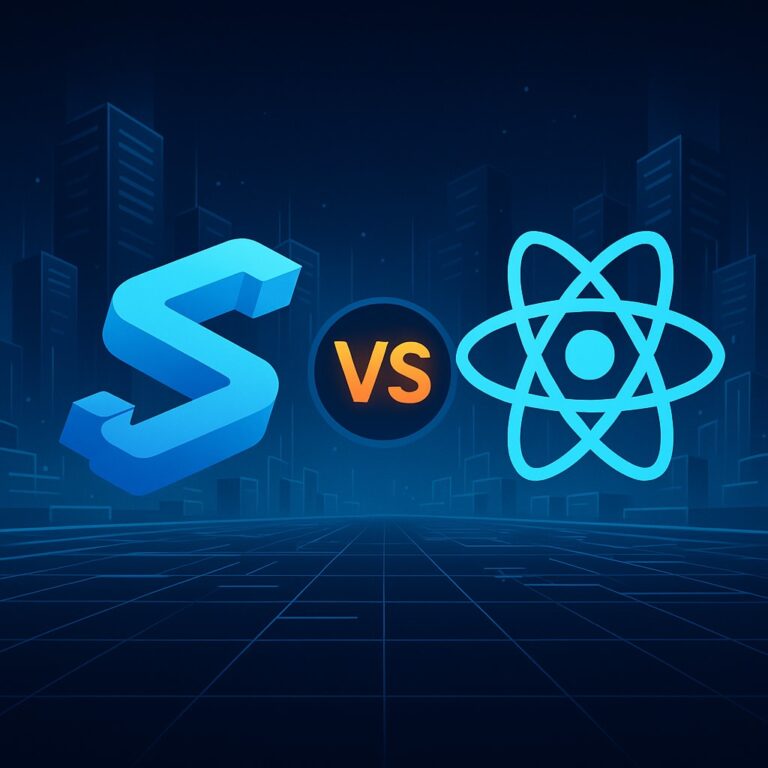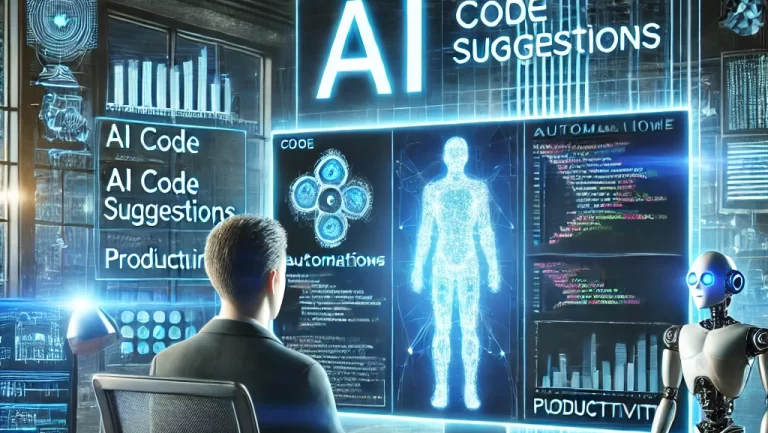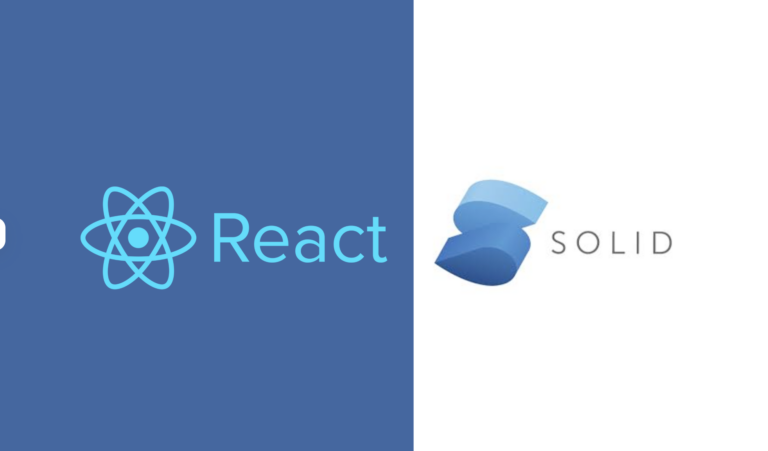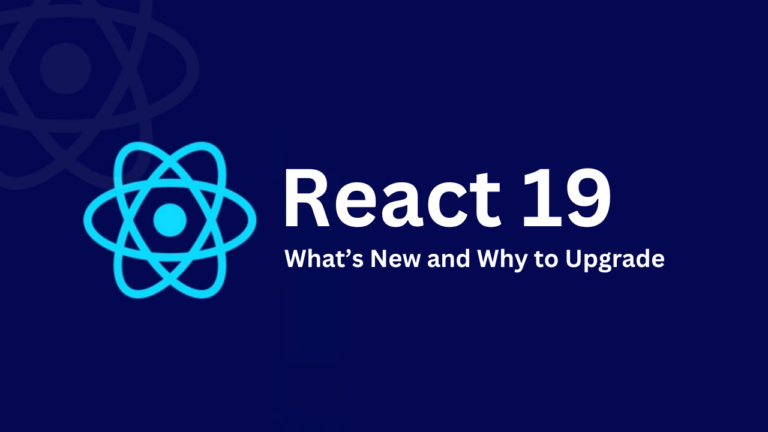Embarking on the journey to master Artificial Intelligence (AI) can seem daunting, but with the right roadmap and dedication, it’s an achievable feat. This article serves as a beginner’s guide, providing insights into the basics of AI and a structured path to attain expertise in this dynamic field.
Understanding Artificial Intelligence (AI)
AI refers to the simulation of human intelligence in machines, enabling them to mimic cognitive functions such as learning, problem-solving, and decision-making. It encompasses various subfields, including machine learning, deep learning, and natural language processing.
Building a Strong Foundation
- Grasp the Fundamentals
- Start with understanding foundational concepts like algorithms, data structures, and probability. Platforms like Coursera, edX, or Khan Academy offer courses to strengthen these basics.
- Dive into Machine Learning
- Machine learning forms the cornerstone of AI. Learn about supervised, unsupervised, and reinforcement learning. Resources like Andrew Ng’s “Machine Learning” course or Python libraries like Scikit-learn are great starting points.
Learning Path to Expertise
- Master Python and Programming Skills
- Python is the go-to language for AI. Familiarize yourself with Python basics and libraries such as NumPy, Pandas, and Matplotlib for data manipulation and visualization.
- Deep Dive into Machine Learning
- Explore regression, classification, clustering, and neural networks. Study popular ML algorithms and their applications through practical projects.
- Explore Advanced Topics
- Delve into deep learning, reinforcement learning, natural language processing, and computer vision. Frameworks like TensorFlow and PyTorch aid in understanding complex AI concepts.
Hands-On Projects and Practice
- Build Projects
- Apply theoretical knowledge to real-world projects. Start with simple projects and gradually move to more complex ones, like image recognition, chatbots, or recommendation systems.
- Kaggle and Open Source Contributions
- Participate in Kaggle competitions and contribute to open-source AI projects. Collaboration and practical experience foster expertise.
Continuous Learning and Community Engagement
- Stay Updated
- AI is a rapidly evolving field. Keep abreast of the latest advancements, research papers, and conferences.
- Engage with AI Communities
- Join forums, attend meetups, and engage with AI communities. Networking and knowledge sharing are invaluable.
Conclusion
Becoming an AI expert is a continuous journey that requires dedication, curiosity, and perseverance. By laying a strong foundation, continuous learning, hands-on practice, and active engagement with the AI community, aspiring learners can navigate the vast landscape of AI and become masters in this transformative field. Remember, consistency and passion are key elements on the path to AI mastery.



